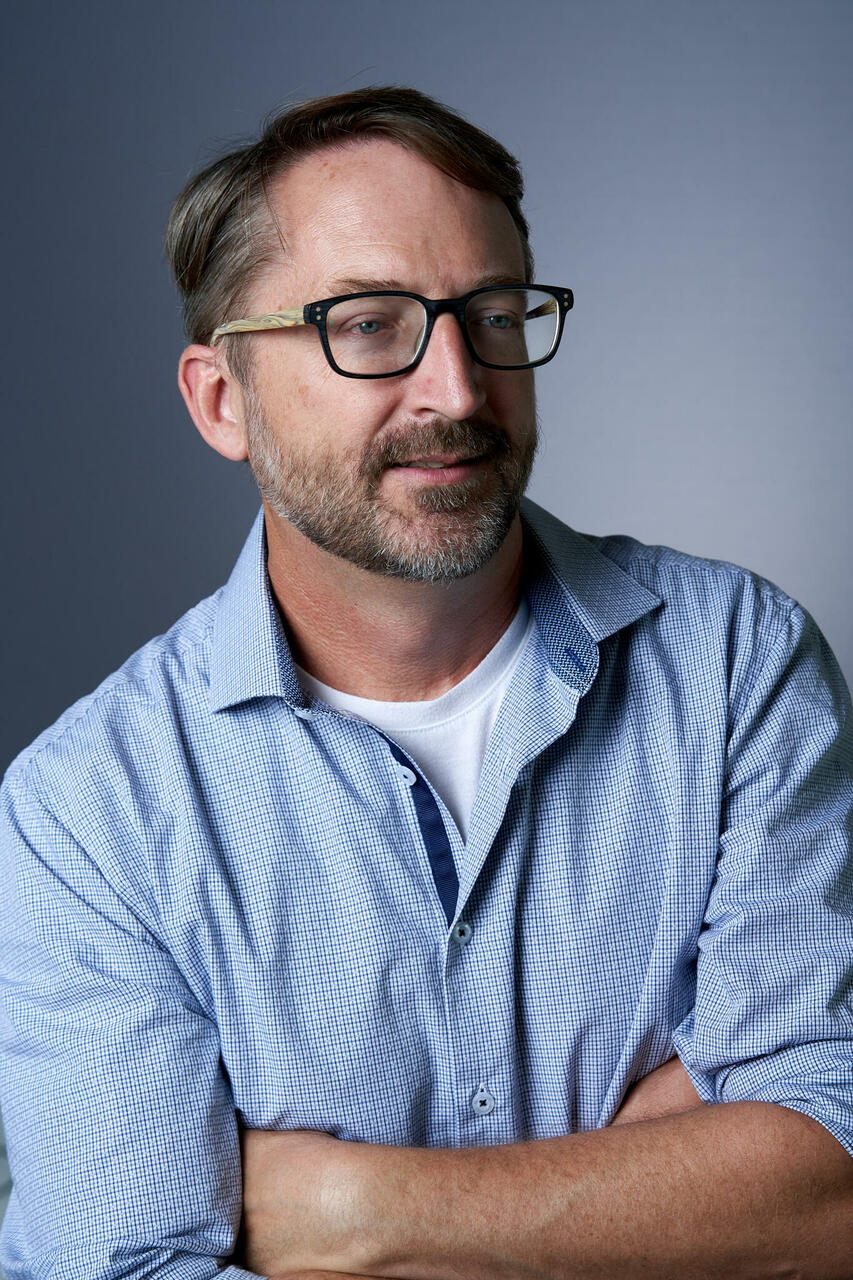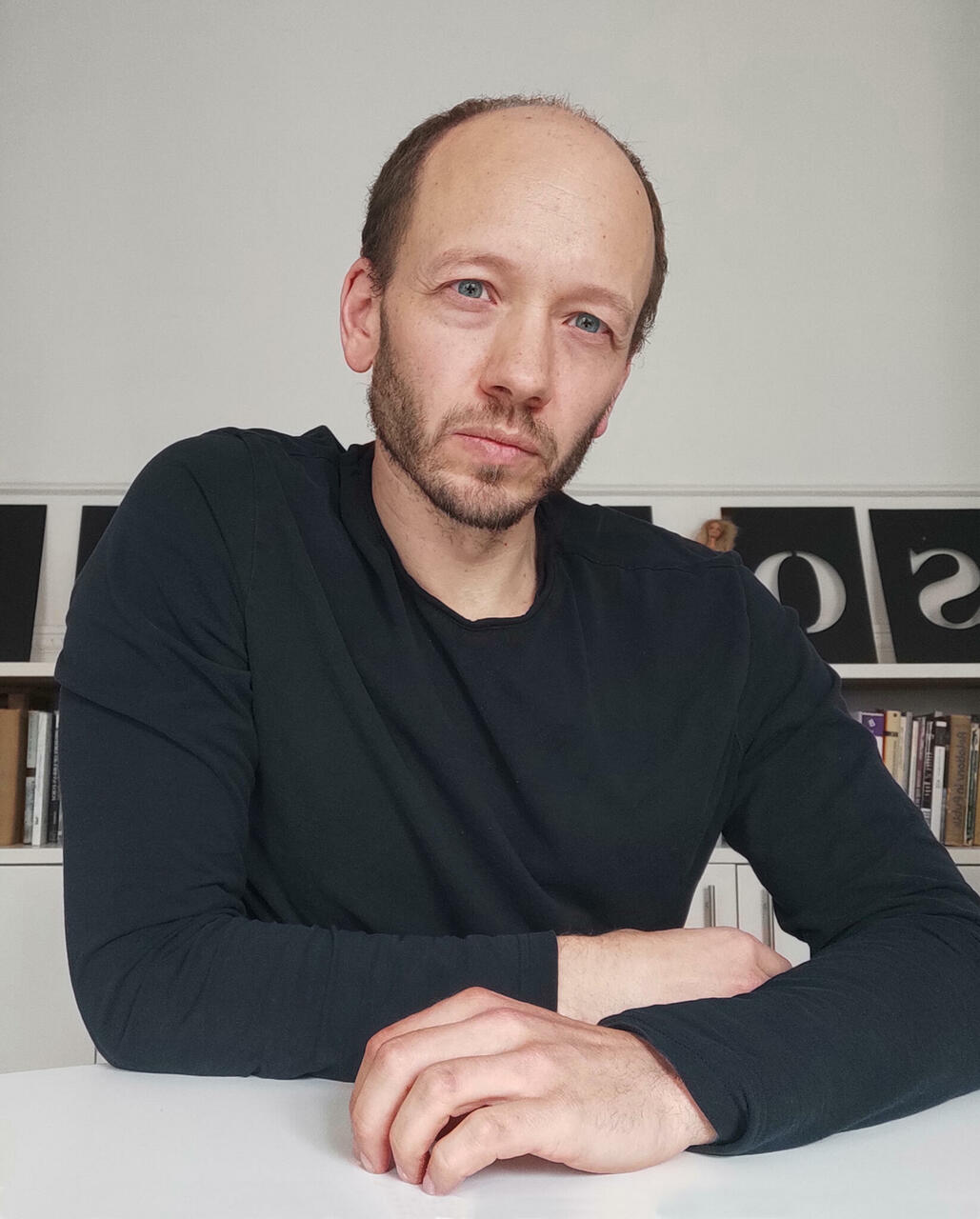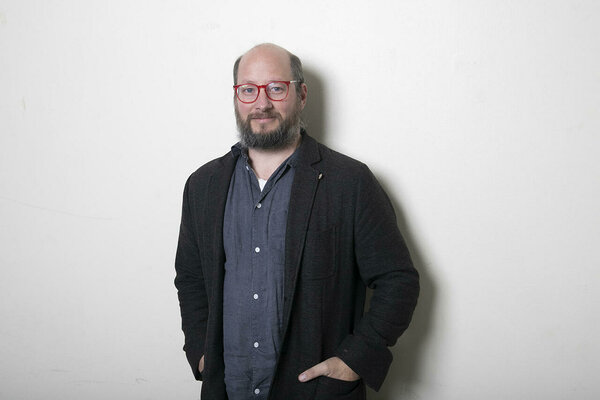Keynote speakers
Keynote presentations are publicly available on the Estonian National Museum`s YouTube channel:
Steven J. Jackson (Cornell University), Broken World Thinking: Maintenance, Repair, Hope - https://www.youtube.com/watch?v=DHa8CCJHCS0&t=163s
Tomás Errázuriz (Universidad Andrés Bello) and Ricardo Greene (Universidad de las Américas), Care, Adapt, Survive: Caring for Things - https://www.youtube.com/watch?v=-NBK4hkQBfY
Steven J. Jackson (Cornell University), Broken World Thinking: Maintenance, Repair, Hope - https://www.youtube.com/watch?v=DHa8CCJHCS0&t=163s
Tomás Errázuriz (Universidad Andrés Bello) and Ricardo Greene (Universidad de las Américas), Care, Adapt, Survive: Caring for Things - https://www.youtube.com/watch?v=-NBK4hkQBfY
Steven J. Jackson
Cornell University (USA)
"Broken World Thinking: Maintenance, Repair, Hope"
What does it mean to fix things? And how might starting from maintenance and repair – instead of design, innovation, or invention – change how we think about technology, art, and the contemporary-but-perennial problem of sustainability? This talk will draw on recent and older work in philosophy, the social sciences and technology studies to make the case for repair as a crucial but undervalued dimension in our relations with objects, ecologies, and the more-than-human worlds around us. It will also report on art projects and ethnographic research with fixing communities around the world to call out practices and forms of value widely neglected in prevailing imaginations of technology. It concludes with a word on hope, and how ongoing practices of maintenance and repair, broadly conceived, may still help us to navigate, sustain, and make meaning in and with the broken worlds around us.
Steven J. Jackson is a Professor of Information Science and Science and Technology Studies and Vice-Provost for Academic Innovation at Cornell University (USA). His work combines ethnographic, legal, humanistic, and interpretive traditions grounded in pragmatism, critical theory, and post-structuralism with an overall interest in how people build and maintain order, value and meaning in and with the worlds around them. He is fascinated by processes of breakdown, maintenance and repair as central but neglected moments in our individual and collective relationships with technology. This has led to ethnographic projects with mobile phone repair workers around the world, amateur fixer movements in Europe and North America, and to collaborative projects with interactive and new media artists. He is especially interested in places where new computing forms and practices meet the social and natural worlds, with implications for collaboration, sustainability, justice, learning and inequality. With fellow travellers in the Computing On Earth Lab and around the world, he has written extensively on problems of infrastructure, collaboration, maintenance, repair, and hope. More info and links to recent papers and projects can be found at: https://infosci.cornell.edu/content/jackson.
See the keynote presentation here: https://www.youtube.com/watch?v=DHa8CCJHCS0&t=163s
Tomás Errázuriz
Universidad Andrés Bello (Chile)
Ricardo Greene
Universidad San Sebastián (Chile)
"Care, Adapt, Survive: Caring for Things"
In a global context where capitalism attempts to address the climate crisis without impacting industry and economic growth, this talk explores sustainable consumer practices not reliant on the global market but responding to an ecology of resources and agents anchored in local territories. Our interest lies in recognising people’s capacity to take care of their environments and adapt it to their changing daily needs, while simultaneously adjusting their bodies and ways of living to the opportunities and limitations presented by the very same surroundings. These ways of “being in place”, although present since the dawn of humankind, today appears to have lost its significance, especially in wealthier societies. Examining practices like maintaining, repairing, repurposing, or reusing – still essential for a majority of the global population –, suggests redirecting our focus to the processes of caring, adapting and coexisting with the environment. We believe that these everyday practices, which are often overlooked by experts and policy-makers, have the potential to dismantle the rigid boundaries imposed by hyper-consumerism and planned obsolescence. Further, they crystalise ecological relationships between humans and the non-human, which are essential for adapting to the challenges posed by the climate crisis.
Tomás Errázuriz is a full professor at Campus Creativo, Universidad Andrés Bello (Chile). With a background in history, architecture, and urban studies, his research revolves around material culture, domestic life, and sustainability, particularly focusing on the dynamic nature of objects and places. He is a co-founder and active member of "Cosas Maravillosas" (Wonderful Things), a collective dedicated to promoting sustainable living through the research, recognition, and care of our everyday environments. He also serves as the editor-in-chief of the Green Handbook, a compendium of recommendations for reducing household consumption and leading a more sustainable lifestyle using existing resources. Furthermore, Tomás directs Bifurcaciones, a publishing house dedicated to urban cultural studies.
Ricardo Greene is an Associate Professor at Universidad San Sebastián (Chile). He is a sociologist with a PhD in Anthropology an and MSc in Urban Development from Goldsmiths, University of London. He has produced films, and published books and articles spanning urban culture, visual methods, elites, racism, daily life and material culture. He serves as director of Bifurcaciones, a journal and publisher specialised in urban cultural studies, and is a founding member of the collective "Cosas Maravillosas" (Wonderful Things). Also, he has overseen notable visual anthropology projects such as the Santiago International Documentary Film Festival (FIDOCS), Esto Es Talca (an urban chrono-photographic initiative), and CinEducación (an audiovisual participatory platform).
See the keynote presentation here: https://www.youtube.com/watch?v=-NBK4hkQBfY


